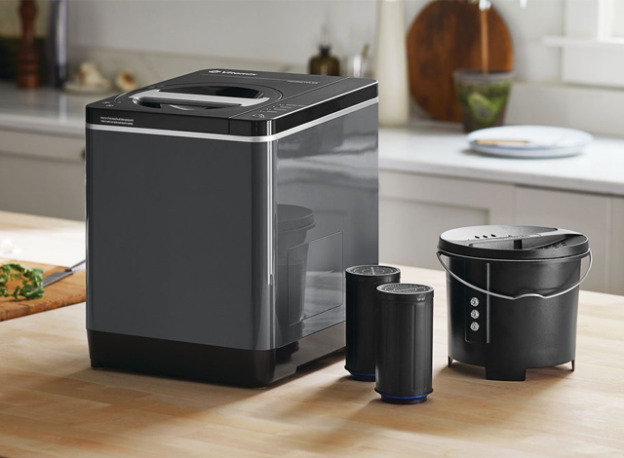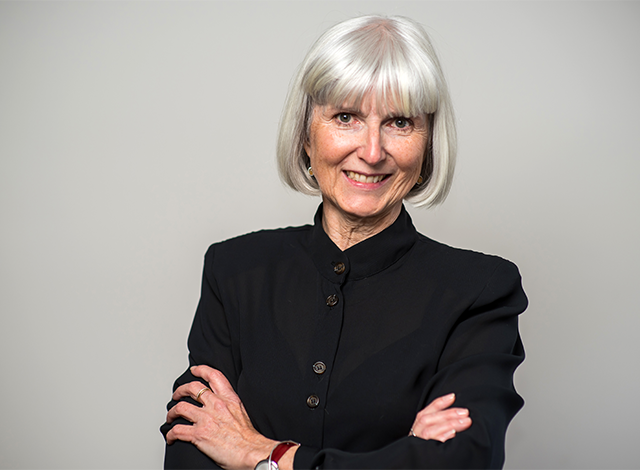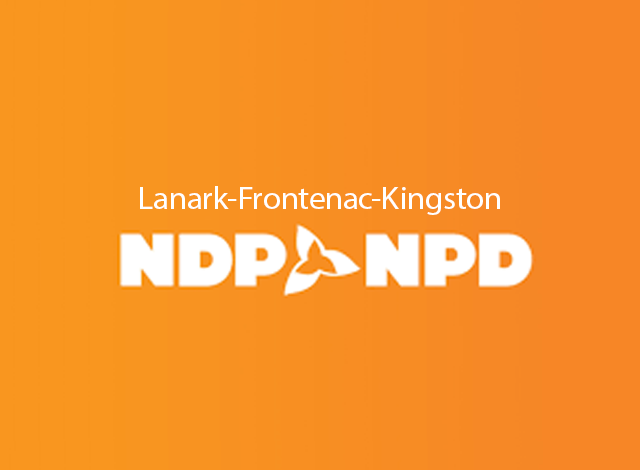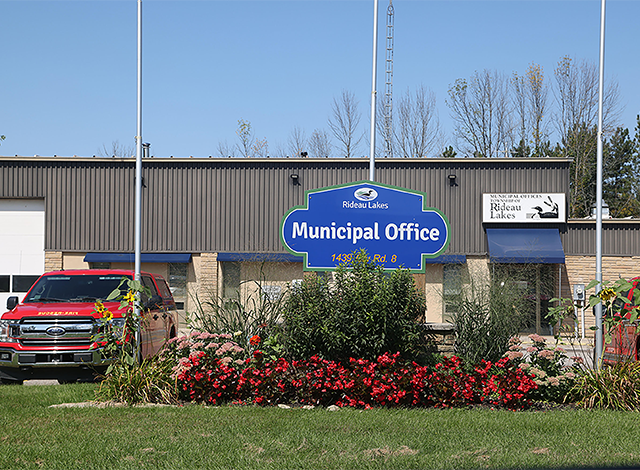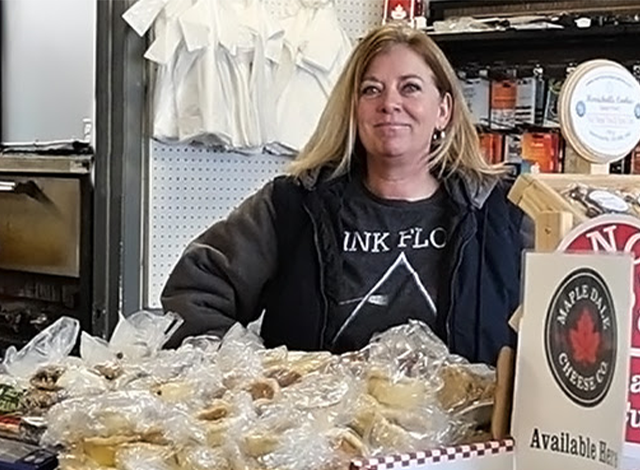During the Committee of the Whole meeting on Monday evening, Alex Hayman from Food Cycle Science shared results from the recent FoodCycler Pilot Project in Smiths Falls. One hundred residents purchased FoodCyclers (countertop composters) at a reduced rate and kept track of their usage for a three-month period during the spring. This pilot project was aimed at investigating the effectiveness of countertop composting in diverting food waste from the landfill.
Of the hundred participating households, 92 completed the project and submitted their usage results. Hayman noted that Smiths Falls’ 92% response rate was the highest response rate of any pilot project FoodCycler has undertaken. “Congratulations to the residents,” he added. Director of Public Works and Utilities Paul McMunn noted that such a high response rate shows a high level of interest in the community.
The average household ran their FoodCycler 4 times per week, which would mean 20.8 metric tonnes of organic waste diverted from the landfill over the course of one year. Every respondent said they would continue to use their FoodCycler after the pilot period ended.
Hayman shared that the most common feedback across every municipality was that users wanted the unit to have a larger capacity and a more robust grinding function. In response to this feedback, Food Cycle Science has developed a larger unit with more grinding capabilities.
Councilor Jay Brennan opined this was “a great alternative” to the current system where “organics sit in our garages and attract vermin which cause damage.” Mayor Pankow agreed, commenting, “the results speak for itself. I’m glad we had participants who stepped up to purchase, and recorded their results.”
Councilor Chris McGuire inquired about the life cycle and longevity of the FoodCycler unit. Hayman replied that Food Cycle Science has been offering warranties for as long as seven years for municipalities, and that the goal is to repair, not replace, if portions of the units wear out.
Councilor Lorraine Allen said, “there is an interest and intention to expand the program as a community, and we’re going to look into this, moving forward.” Council voted to direct staff to further investigate the possibility of a larger countertop composting program.

